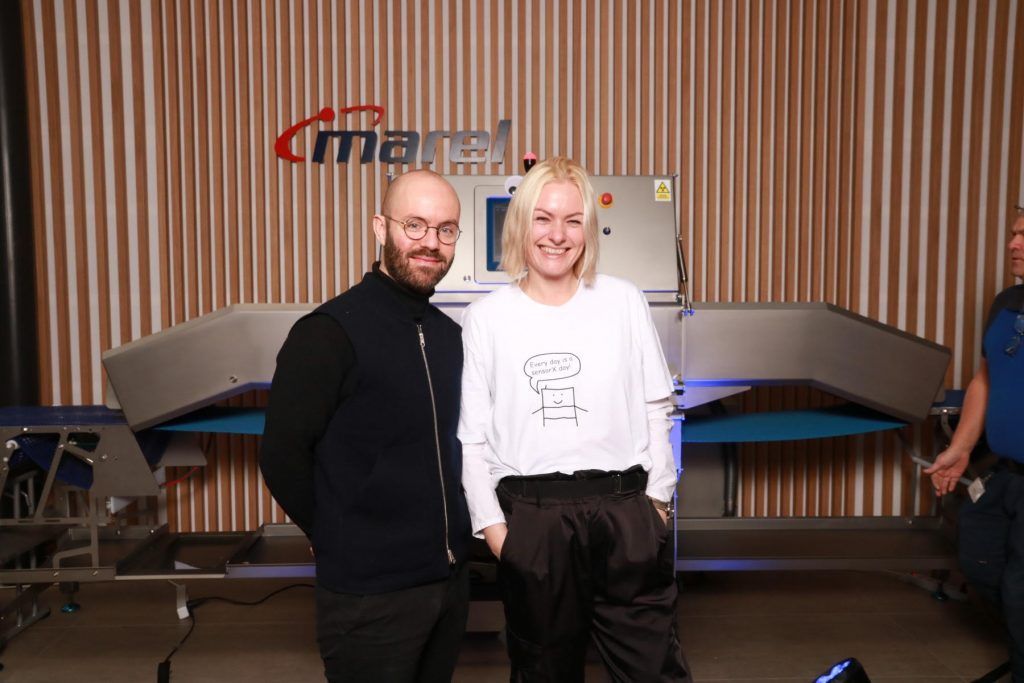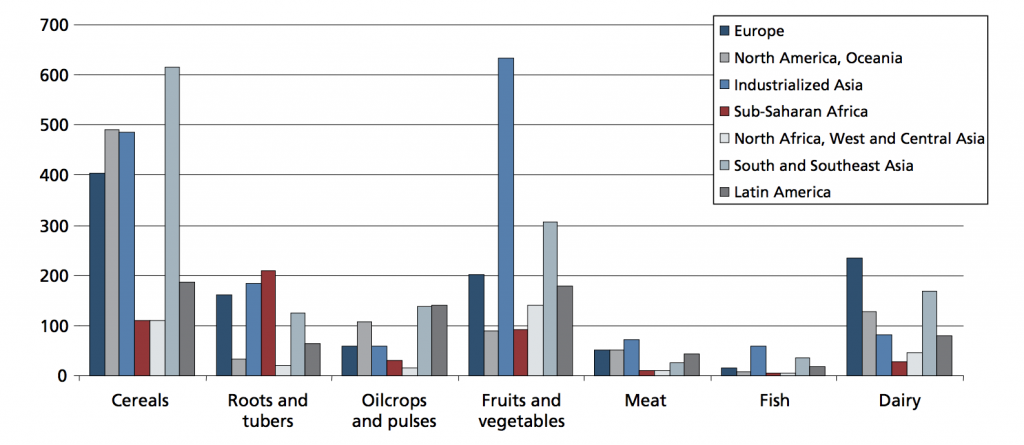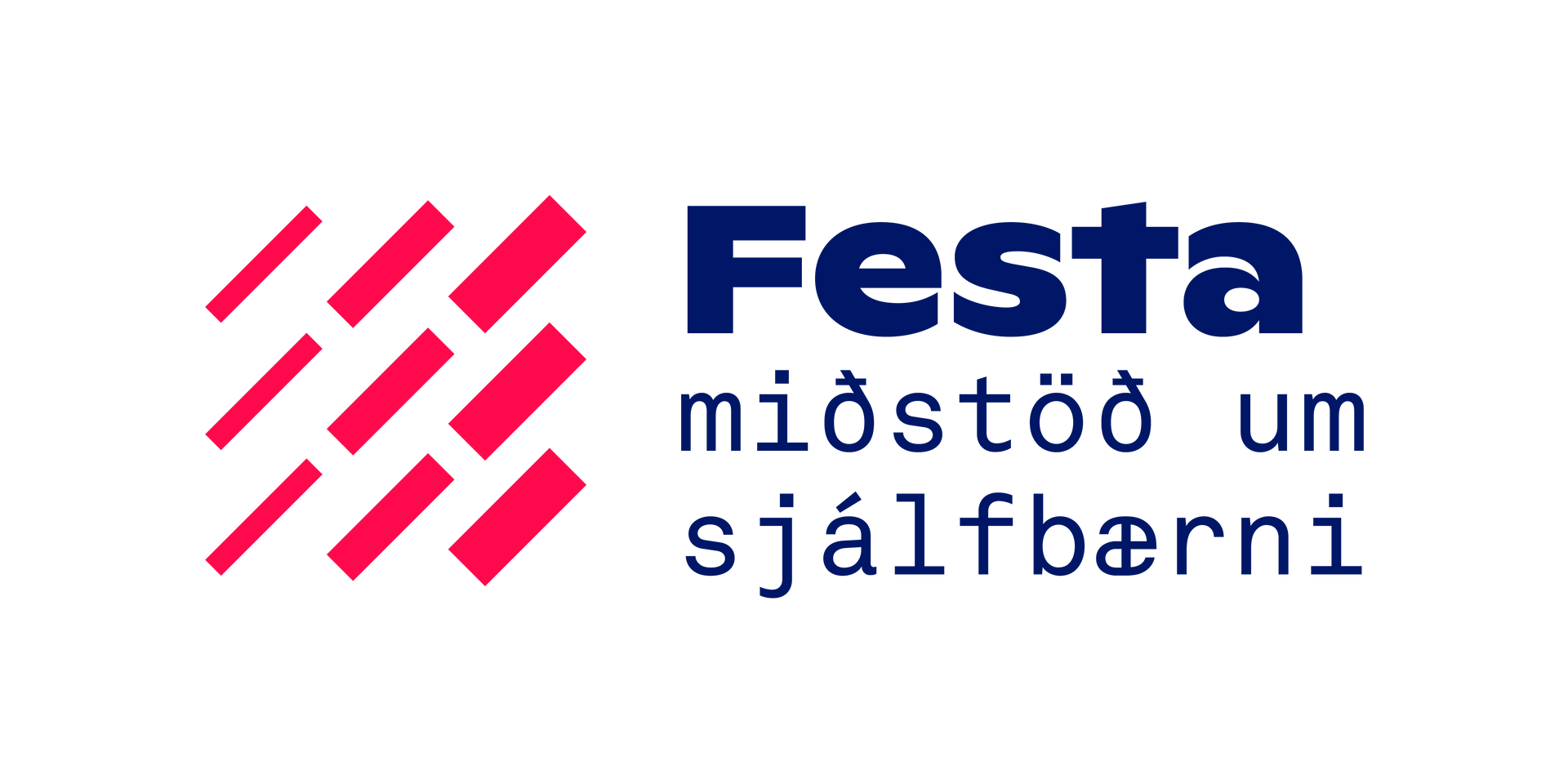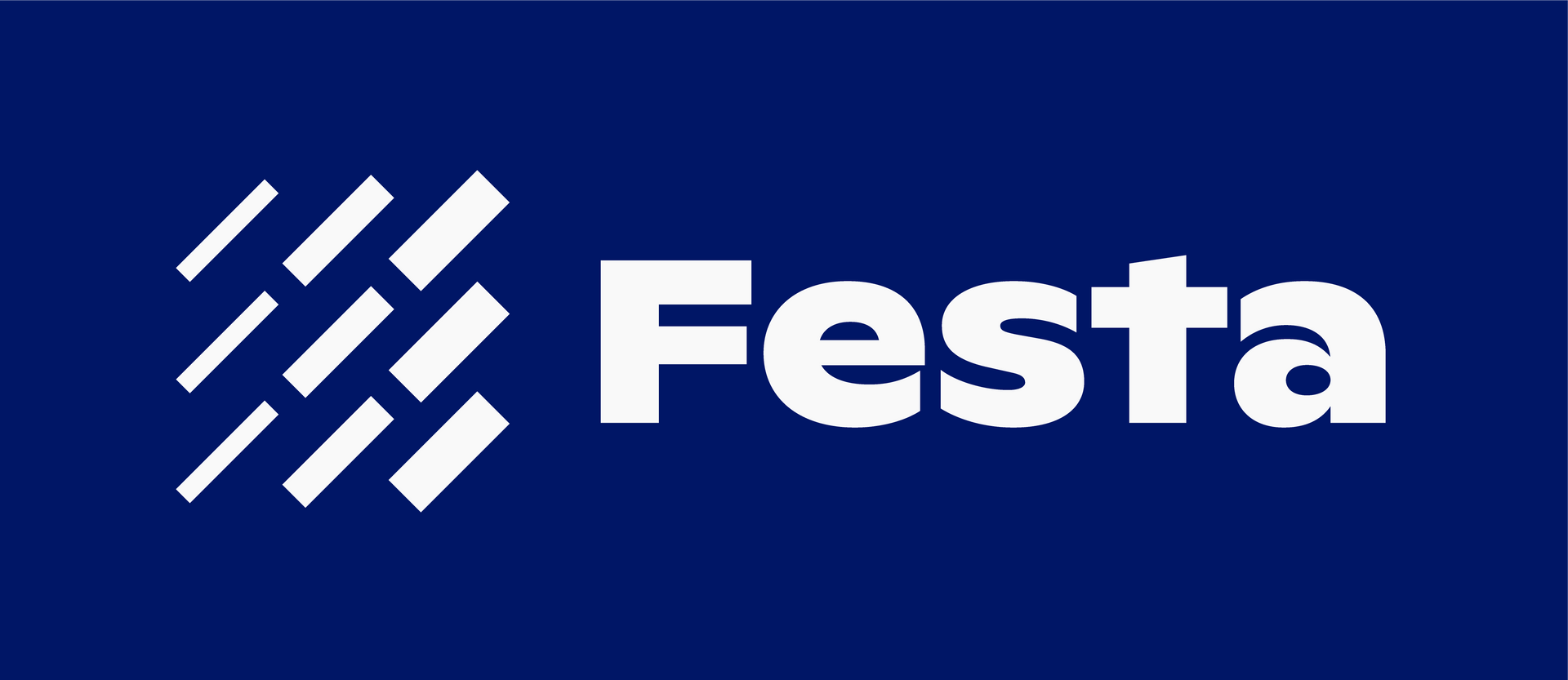Auratal: Hagnaður af sjálfbærni
Marel Investor interest increases with sustainable business solutions
The basic idea behind Marel is to revolutionize the way food is processed globally, with the aim of increasing the sustainability, quality, and efficiency of food and ensuring safety and traceability. The company is known to most people in Iceland, not only for the development of previously unseen high-tech solutions and software and as a unique example of Icelandic ingenuity, but for being considered a model company when it comes to social responsibility and sustainability. It was therefore particularly interesting to sit down with Guðbjörg Heida Guðmundsdóttir, managing director of Marel in Iceland, and Þorstein Kára Jónsson, project manager, who is also one of Iceland's leading experts in corporate social responsibility, to discuss the benefits of sustainability and what Marel has put at the forefront of in recent years when it comes to measuring success when it comes to social responsibility.

Guðbjörg Heiða og Þorsteinn Kári vinna náið saman að því að auka sjálfbærni hjá Marel á Íslandi.
„Besti mögulegi rekstur er að geta haft raunveruleg áhrif í samfélaginu. Þegar þú ert að takast á við raunveruleg vandamál og getur breytt því hvernig þau eru tækluð, það er og verður besta viðskiptatækifæri sem þú getur fengið,“ segir Þorsteinn Kári og setur þar með tóninn fyrir spjallið. Marel lítur ekki á samfélagslega ábyrgð sem aðskilinn hluta starfseminnar heldur hefur frá upphafi markmiðið um sjálfbærni verið grundvallaratriði í sýn fyrirtækisins á sitt hlutverk í samfélaginu.
"We are increasing the utilization, quality, safety, and traceability of food and automating the environment in food processing. It is essentially the foundation of sustainability in food processing. As stated the other day at the investor presentation, it is the case that growth and financial benefits and being sustainable go together. That's how it is for us," adds Guðbjörg Heiða. They cite as an example that since Marel's first product, an electronic scale at sea that could weigh accurately in rough seas and collect data on the weight of catches in a central system, came on the market, there has been a revolution in the way marine power is used. This targeted activity by Marel from the beginning and other companies in the fishing industry has reduced food waste in the fishing industry. Þorsteinn draws a picture of a histogram with figures from the Food and Agriculture Organization of the United Nations (FAO), where it is clearly seen that fish is the food product that is the least wasted on average, not only in Europe but across continents.

Annað áhugavert verkefni sem Marel vinnur að um þessar mundir er að geta reiknað kolefnisfótsporið af lausnum þannig að í kjölfarið verði hægt auðvelda viðskiptavinum að skilja og jafnvel kolefnisjafna áhrifin af starfsemi þeirra út líftíma vélanna. Þetta á eftir að auðvelda fyrirtækjum sem kaupa af þeim vélar að safna nauðsynlegum gögnum til þess að gefa út nákvæma skýrslu um umhverfisáhrif fyrirtækisins. „Það að þegar viðskiptavinurinn kaupir af okkur, okkar samstarfsaðili, þá getum við sagt hvert kolefnisfótsporið er yfir líftíma lausnarinnar. Þau Guðbjörg hafa fundið fyrir því að áhersla á vistvænar viðskiptalausnir eykur áhuga fjárfesta og viðskiptavina á viðskiptum við Marel.
"When many of our customers are looking at who they want to buy solutions from, they are starting to look at sustainability as part of the bigger picture."
Guðbjörg nefnir nærtækt dæmi en nýlega hóf Marel samstarf við heildsöluna Costco í Bandaríkjunum sem grundvallaðist alfarið á því að þær hátæknilausnir sem Marel býður upp á stuðla að minni sóun, lægra kolefnisspori og hámarks nýtingu afurða. Verkefnið sem um ræðir er tímamóta hátækniverksmiðja í Nebraska í Bandaríkjunum til kjúklingavinnslu en afkastageta vinnslunnar er 2 milljónir kjúklinga á viku. Vinnslan er fullbúin hátæknilausnum og hugbúnaði frá Marel sem ná yfir allt vinnsluferlið, frá lifandi fugli til neysluvöru. Öll sóun er gríðarlega kostnaðarsöm fyrir fyrirtæki, ekki síst þegar um ræðir umfangsmikla starfssemi. „Það felast því mikil tækifæri að vinna í nánu samstarfi við viðskiptavini okkar í að besta hvert einasta ferli við matvælavinnslu til þess að hámarka nýtingu verðmætra hráefna – það er sameiginlegir hagsmunir okkar, viðskiptavina, neytenda, fjárfesta og samfélagsins,“ segir Guðbjörg.

The company's strategy is to further increase the element of so-called sustainable product development, but today it is the case that all product development ideas at Marel must be accompanied by information on how the product will affect society and the environment. "For example, when you are designing the factory, we look at how much water you need to clean it, how much energy you need to run the factory, there are a lot of factors that we can influence in our product development such as having so the impact on the carbon footprint over the lifetime of a device," explains Guðbjörg, but adds that the discussion regarding the lifetime of a device is a short way off and that international standards need to be defined.
In addition to these fundamental aspects of the company's operations, Marel has worked systematically to take its strategy in social responsibility firmly. A comprehensive strategy was published in 2015, but it is based on the Exchange's ESG or UFS guidelines and covers environmental aspects, social aspects and governance. "We're not reinventing the wheel there, we're just taking that strategy and deepening it for ourselves," says Guðbjörg, adding that the understanding of the meaning of the concept of social responsibility is becoming greater.
"As the understanding deepens, the opportunities become even greater."
Þorsteinn adds that it is one thing that the company has a positive impact on the environment and society, but "the other is to dig deeper, look inside and see where we stand and how we can work systematically to improve ourselves." He says measurements and international standards important when it comes to sustainability in the private sector, companies can then compare their results, both internally between years and with each other.
Thus, it has become mandatory for companies of a certain size to collect data on their impact on society and publish an ESG report. Otherwise, the Norwegian Tax Administration has the authority to refuse to accept the company's annual accounts. "It's one thing, another thing is that companies listed on the market abroad have to comply with the European directive on non-financial information." He foresees that in the coming years, regulations and legal requirements around corporate social responsibility will increase, so it is beneficial for the company to have started measurements early. "Then it's not just a matter of cost or financial benefit, but just doing what you need to do to operate in compliance." Meet the minimum requirements to be able to run a business," says Þorsteinn. "There needs to be a balance between this, we see social responsibility as a business opportunity in many ways; talking to shareholders, talking to prospective shareholders, talking to our customers. The importance of social responsibility in Marel's work is no less what fills the staff, which today numbers over 6,000 people in over 30 countries, with pride and inspires us to tackle the task of revolutionizing food production on a global scale. But then it's just that you have to meet certain conditions too."

The benefits of Marel's social responsibility are also manifested in various ways that are impossible to quantify. "We are measuring all kinds of things here, but I know that often it is the intangible elements that have a lot of value," says Guðbjörg. "For example; Marel is a large company in Iceland that has achieved great success. Just as Björk and Sigurrós introduced Iceland as a nation of music, companies like Marel and Össur have shown that we are a nation of ingenuity. Social benefits of such? I don't know how it can be put into money, but I think it's really great - to have a role model in your community." operation of a company that sells products all over the world, is useful for the development of society. Marel tries in every way to participate in innovation competitions in order to share engineering knowledge, and Guðbjörg and Þorsteinn sit on a number of business committees where their knowledge of systems, processes and policies is useful to other companies. They also mention that employees' commitment to their work increases when people feel a sense of purpose in their work.
Even though Guðbjörg and Þorsteinn do not shy away from the importance of emphasizing social responsibility, they state that it must not be defined too much, but that the concept is intertwined with the purpose of companies. That debate is constantly developing. "This is part of how the world is learning to run a business better," says Þorsteinn.
"There are enormous opportunities available today to change things for the better," says Guðbjörg Heiða.




